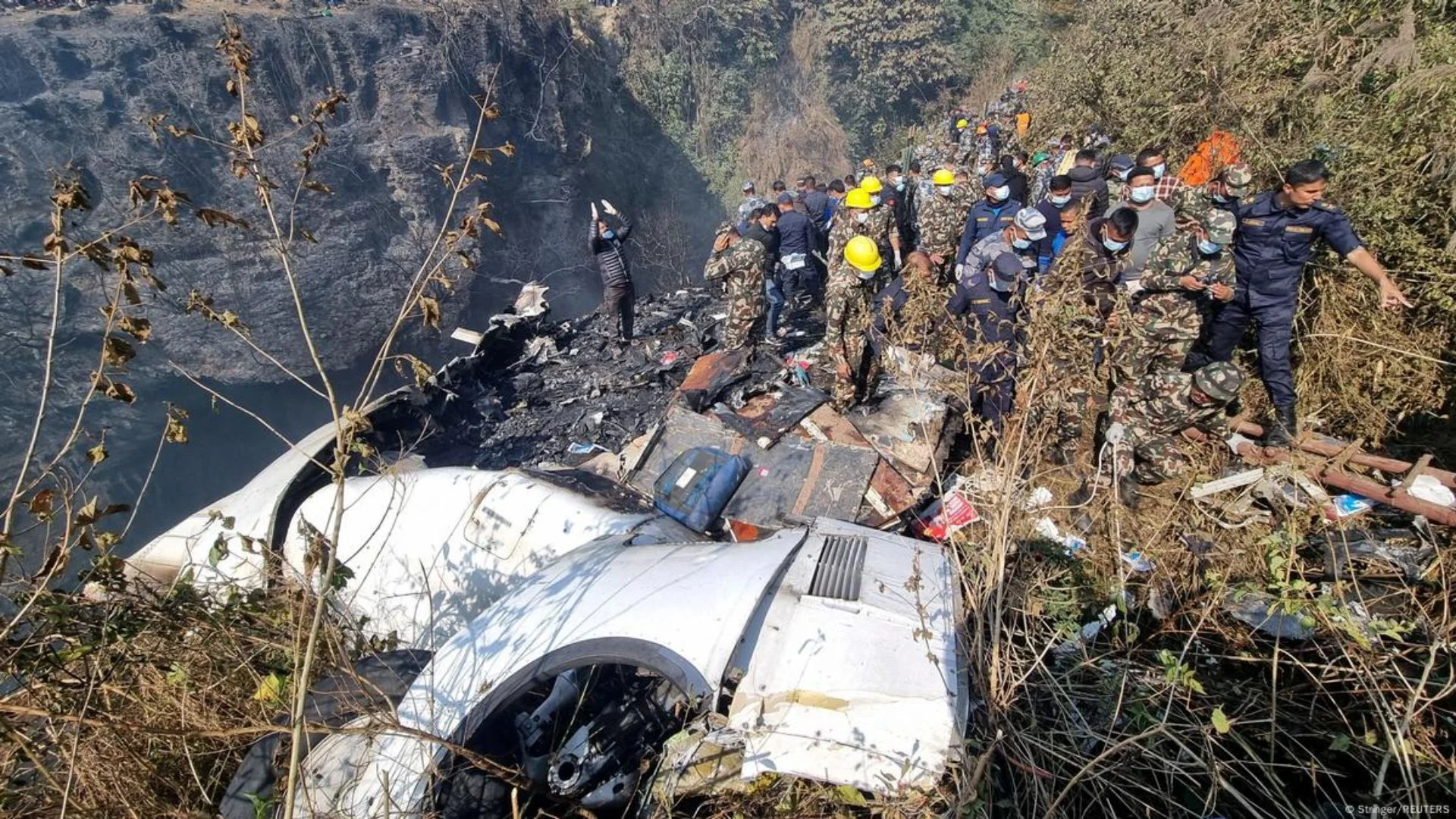In a notable decision, President Droupadi Murmu has denied the mercy plea of Mohammed Arif, also known as Ashfaq, a Pakistani citizen who was convicted for his involvement in the fatal Red Fort attack that occurred almost 24 years ago. This decision underscores India’s firm stance against terrorism and reaffirms the country’s commitment to justice for the victims of such heinous acts.
Arif’s mercy petition, which was submitted on May 15, 2024, was denied on May 27, as per an official statement from the President’s secretariat. The rejection of this plea marks the final chapter in a long judicial process that has seen Arif’s conviction and death sentence upheld by multiple courts, including the Delhi High Court and the Supreme Court of India.
The Red Fort attack, carried out on December 22, 2000, was a brazen act of terrorism targeting one of India’s most iconic landmarks. The assault resulted in the deaths of three army personnel from the 7 Rajputana Rifles unit, who were stationed within the historic fort. The attack was orchestrated by members of the terror group Lashkar-e-Taiba (LeT), with Arif playing a main role.
Arif, along with three other LeT operatives—Abu Shaad, Abu Bilal, and Abu Haider—had infiltrated India in 1999 with the objective of executing this attack. While the other terrorists were subsequently killed in separate encounters, Arif was apprehended four days after the incident, leading to his trial and eventual conviction.
A notable judicial development occurred in January 2016 when a constitution bench of the Supreme Court allowed Arif to seek a reopening of the dismissal of his review petitions for an open court hearing. This directive followed a September 2014 judgement that mandated all death sentence cases awarded by the high courts be reviewed by a three-judge bench, ensuring a thorough judicial process.
The Supreme Court, in its rulings, emphasized that the Red Fort attack was a grievous assault on India’s unity, integrity, and sovereignty. It found no mitigating factors in Arif’s favor, reinforcing the appropriateness of the death sentence.
The rejection of Arif’s mercy plea by President Murmu highlights the gravity with which India treats acts of terrorism, particularly those aimed at its symbols of national pride and security. This decision is expected to serve as a stern warning to those who seek to challenge India’s sovereignty through acts of violence.
The memories of the brave soldiers who lost their lives in the Red Fort attack remain a poignant reminder of the cost of safeguarding the nation against terrorism.







